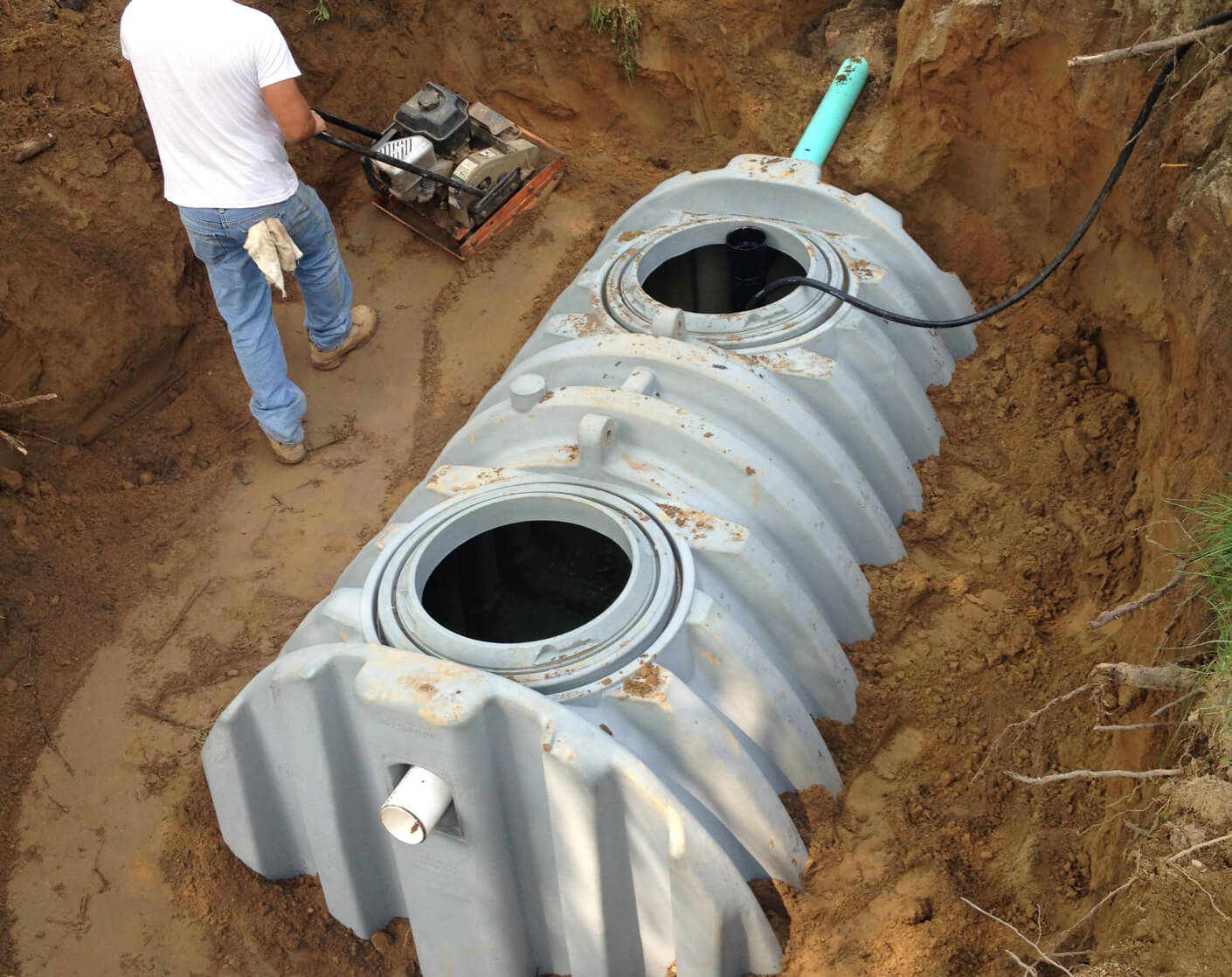The cost of a septic system is a significant factor for property owners and homeowners who reside in New Hampshire when it comes to replacing or installing a brand new septic system. Living in the Granite State comes with many benefits, but one of the drawbacks is the potential of costly maintenance expenses due to weather patterns that are unpredictable and steep terrain. Understanding the amount your septic installation is likely to cost will enable you to budget accordingly and ensure that you cover all the necessary elements when you tackle this crucial home improvement.

In New Hampshire, septic systems are an option to treat wastewater. This is especially the case in rural areas that do not have sewers for municipal use. However, cost to install septic system can vary depending on several factors, such as the size of the property, the soil condition, and the type of system chosen.
Septic system installation cost
Installing a septic tank within New Hampshire may cost anywhere from $5,000 to $15,000. This is contingent upon the size and nature of property, soil conditions and also the system. Septic tank installations are typically expensive. can cost homeowners $8,000
Standard septic systems typically include an septic field as well as septic tanks. The size of the tank and the leach field will be contingent on the number of bedrooms within the house and the estimated daily usage of water. A larger home or higher water usage will require the use of a larger tank as well as leach field, which will add to the price of installing.
New Hampshire septic installation costs will also be affected by the condition of the soil. The cost of septic system installation in New Hampshire is dependent on the soil’s condition.
Septic system replacement costs
Septic systems last between 20 and 30 years. The cost of replacing the septic system in New Hampshire ranges from $10,000 to $30,000 depending upon the dimensions, types and condition of the soil.
The cost of replacing a sewer system are typically higher than those of installing one because the process involves getting rid of the existing system and installing a new system. Costs of replacing a sewer system can vary depending upon the dimensions of the property as well as its accessibility. excavation and preparation required.
Septic system maintenance costs
It is crucial to maintain the system so that the system is operating effectively and lasts for the length of time it’s designed to. Regular maintenance involves pumping the septic tank every 3 to 5 years, and reviewing the system for signs of damage or clogs.
The costs of maintaining a septic system in New Hampshire can vary depending on the size of the tank and the site of the property. On average, homeowners will need to spend between $400 and $600 for pumping and inspection.
How to save money on the cost of a septic system
While septic systems can be costly, homeowners can find ways to lower these costs. Here are a few tips to cut down on the cost of septic systems in New Hampshire:
Choose the appropriate kind of system: There are several kinds of septic systems to choose from, including gravity-fed systems, pressure distribution systems, as well as aerobic treatment units. The cost of installation and upkeep can be cut by selecting the right system to suit your water needs and your property.
Regular maintenance Regular maintenance can help prevent costly repairs and replacement at a later date. Plan regular inspections of septic tanks and pumping in order to ensure the system functions properly.
Conserve Water: By conserving water, you can reduce the work load on the septic system and extend its life. Fix leaks, fix running toilets and use fixtures and appliances that are water efficient.
Professional installation: While DIY septic system installation may appear to be a viable option however, it often results in costly repairs and replacements later on down the line. It is better to employ an expert installer who will accomplish the job quickly and accurately.
Upgrades to your wastewater system can keep your property in great state of repair. This is particularly the case in New Hampshire. This can be done with minimal effort or expense through the assistance of professionals who are specialists in this area. You’ll enjoy better performance out of your septic for many more years. The investment will be worth it if they’re done properly. In this way, unpleasant backups and odors could be prevented. Making improvements to your septic system and other parts will benefit you in the long run with regards to performance. It’s important to choose a professional who is familiar of the environment, regulations, and the repairs needed to ensure reliable service over many years.